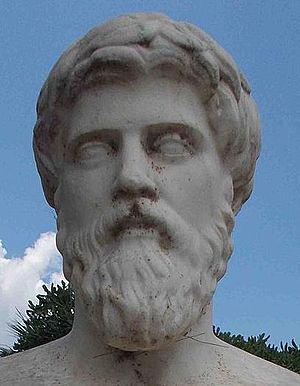
Because so many NT scholars desperately want the gospels to be both Greco-Roman biographies and reliable histories, we could almost forget that these two forms of literature are not the same. You don’t have to take my word for it. Here’s what Plutarch said:
It being my purpose to write the lives of Alexander the king, and of Caesar, by whom Pompey was destroyed, the multitude of their great actions affords so large a field that I were to blame if I should not by way of apology forewarn my reader that I have chosen rather to epitomize the most celebrated parts of their story, than to insist at large on every particular circumstance of it. It must be borne in mind that my design is not to write histories, but lives.
And the most glorious exploits do not always furnish us with the clearest discoveries of virtue or vice in men; sometimes a matter of less moment, an expression or a jest, informs us better of their characters and inclinations, than the most famous sieges, the greatest armaments, or the bloodiest battles whatsoever.
Therefore as portrait-painters are more exact in the lines and features of the face, in which the character is seen, than in the other parts of the body, so I must be allowed to give my more particular attention to the marks and indications of the souls of men, and while I endeavour by these to portray their lives, may be free to leave more weighty matters and great battles to be treated of by others. (Plutarch’s Alexander [emphasis and reformatting mine])
We could boil these comments down into the following points. A biography: Continue reading “What’s the Difference Between a History and a Biography?”
